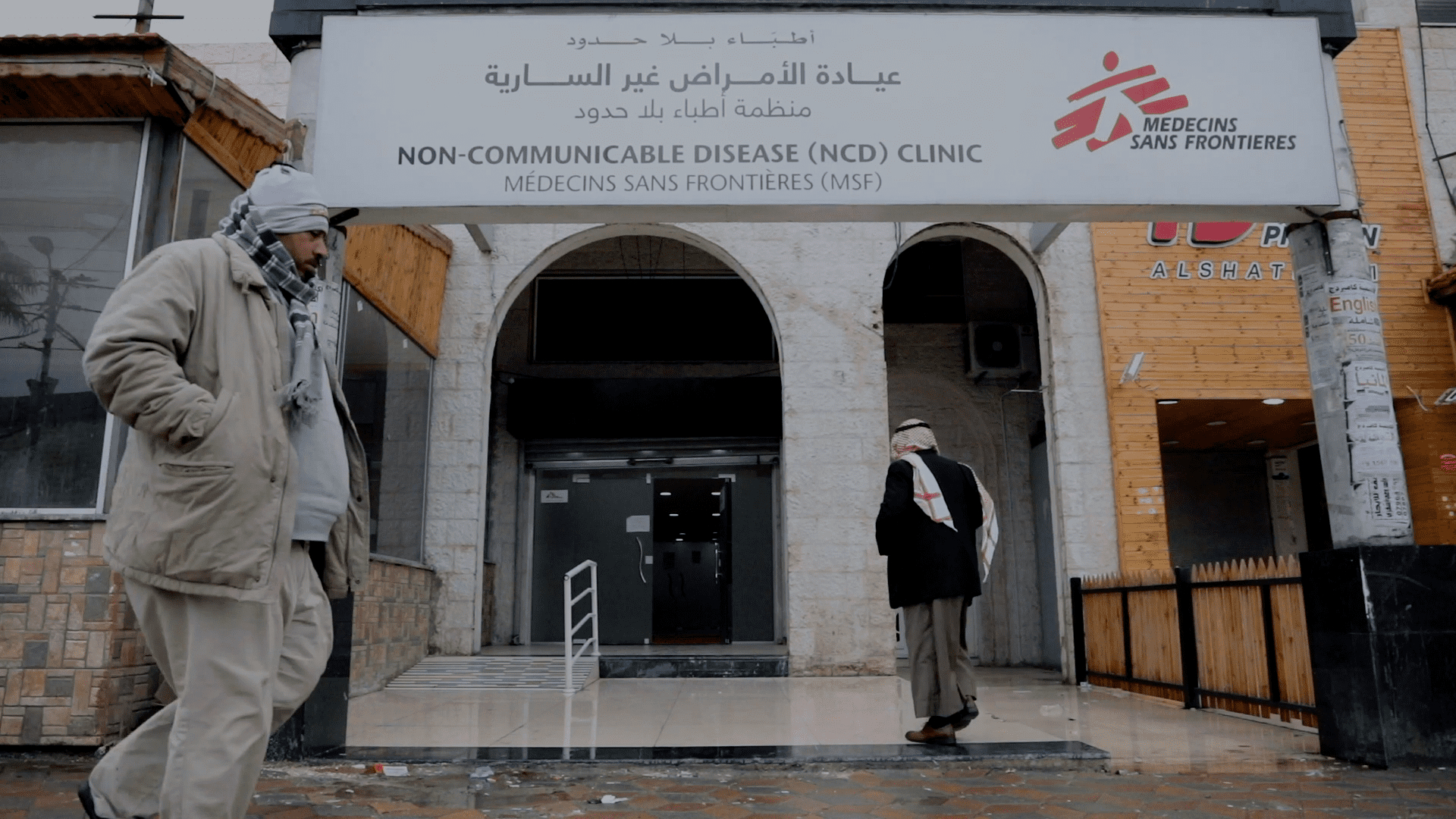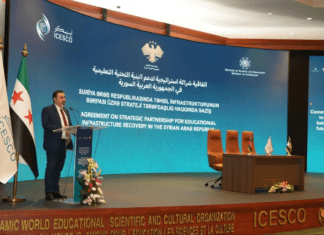
Efforts towards aid, reconstruction, and sustainability projects are critical in addressing the aftermath of the prolonged and ongoing Syrian conflict. Various international and regional bodies have been actively involved in providing humanitarian aid and investing in reconstruction and development efforts to support the displaced and local communities both in Syria and abroad.
Data from Jordan’s Ministry of Planning and International Cooperation reveals that the Kingdom received $132.8 million in financial aid from the beginning of the year until the end of July 2023. This aid forms part of Jordan’s response plan to the humanitarian crisis left by the war in Syria. According to Al-Mamlaka TV, $93.1 million was allocated to support refugees, and $39.6 million was allocated to host communities. Despite these contributions, the budget support item was left unfunded, highlighting the financial gaps in the aid plan.
The largest share of aid, $40.6 million, was allocated to the protection and justice sector, with justice receiving $3.8 million and social protection $36.8 million. The health sector received $39.1 million, followed by the economic empowerment sector with $28.6 million, split between food security ($1.5 million) and livelihood support ($27.1 million). The public services sector received $13.9 million, distributed among energy ($441,000), environment ($3.2 million), municipal services and local governance ($10.2 million), and transportation ($0). Education received $8 million, shelter $1.6 million, and water $739,000.
Multilateral funds topped the donor list with $30 million, followed by Germany ($24 million), the United States ($20.5 million), and the European Union ($19.5 million). Other contributions came from countries such as Denmark ($9.1 million), Qatar ($6.4 million), Italy ($4.7 million), Norway ($3.9 million), the UK and the Netherlands ($2.9 million each).
Since 2015, international donors have funded 45.9% of Jordan’s response plans to the Syrian crisis, contributing approximately $10.3 billion by the end of 2023. In 2023 alone, $633.7 million of the required $2.276 billion was funded, representing a 29.2% funding rate and a deficit of $1.612 billion.
The US has provided $198.3 million in aid for fiscal year 2024 to address the ongoing humanitarian crisis in Syria. This brings the total US aid over the past 12 years to over $17 billion. The aid, administered by the US Agency for International Development (USAID) and the Office of Population, Refugees, and Migration, includes funding for food security, health, water and sanitation, protection, and shelter programs across various Syrian governorates.
The Syria Reconstruction Trust Fund announced new health and agricultural projects in northern Syria, increasing its total projects to 71 with a budget of about €269.07 million. A new health intervention in northeastern Syria, supported with €0.55 million, aims to provide 6,240 dialysis sessions over ten months. In agriculture, a €2.76 million project seeks to support wheat production in northern Aleppo, benefiting 2,000 farm owners and indirectly supporting 10,000 family members.
The ongoing humanitarian crisis and reconstruction efforts in northern Syria face numerous challenges, including funding deficits and the need for sustainable development. Despite significant international support, the financial requirements for comprehensive aid and reconstruction plans remain unmet, necessitating continued and enhanced global cooperation. A lack of support for independent local aid and development projects has also been cited as a cause of the current deficits in humanitarian work within Syria.
The commitment to supporting health services, agricultural development, and food security remains strong, with initiatives focused on resilience and sustainability. The success of these projects depends on sustained international funding and collaboration to ensure the well-being and stability of the affected communities in northern Syria.








